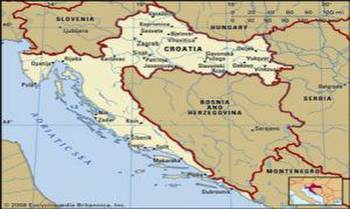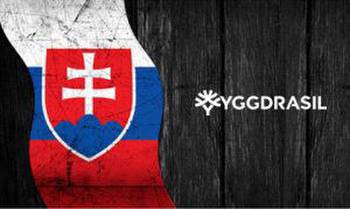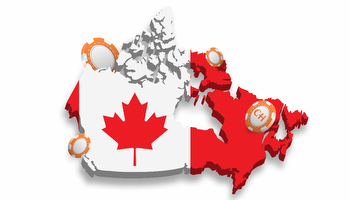Legal online casinos in Central Europe getting closer to reality

Warsaw, Poland – The past year or two have been dramatic ones for the online gambling sector. In Western Europe, Germany and the Netherlands have launched entirely new legal frameworks for the regulation of online casinos. The same is happening across the Atlantic in the US and Canada. But in Central Europe, it’s been a different story.
The problem with online casinos, at least from a regulatory perspective, is that the internet has no concept of international borders. Cyberspace is the kind of one-world melting pot that H G Wells was prophesizing more than 100 years ago. Fabulous for exchange of knowledge and freedom of information, but not so good if you are a lawmaker and you don’t want people visiting online casinos.
Over the past twelve months, two Canadian provinces, acknowledging that residents are gambling billions online anyway, have launched systems for casinos to be licensed to operate online within their borders. The situation in the US is pretty similar, as gamblers can lay down their bets and try to get real money when playing on these gambling sites regardless of their home state’s stance on online gambling.
In Australia, on the other hand, regulators are focused on preventing access to such sites. To date, they have ordered ISPs to block more than 300 online gambling sites, and more appear every day.
From the outside looking in, Canada’s approach to the question of online gambling seems the more practical. As well as providing players with the security of a locally licensed provider, iGaming generates valuable tax income. Are any Central European nations likely to follow this model?
Poland – a hotbed of iGaming innovation in the early years of the new millennium, Poland slammed the legal door on web-based casinos with legislation 13 years ago and seems unwilling to reopen it. The problem was that gaming companies tried to push the boundaries, lobbying for the existing laws, which were already relaxed, to be loosened further. Polish lawmakers instead decided to make a point, bringing in stricter rules that prohibited online casinos completely.
Czech Republic – if any nation in Europe can be said to have adopted the Canadian approach it is the Czech Republic. Except we should really say Canada has followed the Czech model, as they got there first. Essentially, the same rules apply to online and land based casinos, and operators can apply for a licence to operate within the country.
Slovakia – Slovakia has online casinos, but they are subject to very strict restrictions and limitations, and can only apply for a license if they are connected to a physical casino in Slovakia that is licensed.
Croatia – Croatia passed a law in 2014 that legalized online casinos, however it has caused some controversy. The annual licence costs the equivalent of $500,000, which operators have criticized as extortionate, and online applicants are required to operate at least one land-based casino.



































